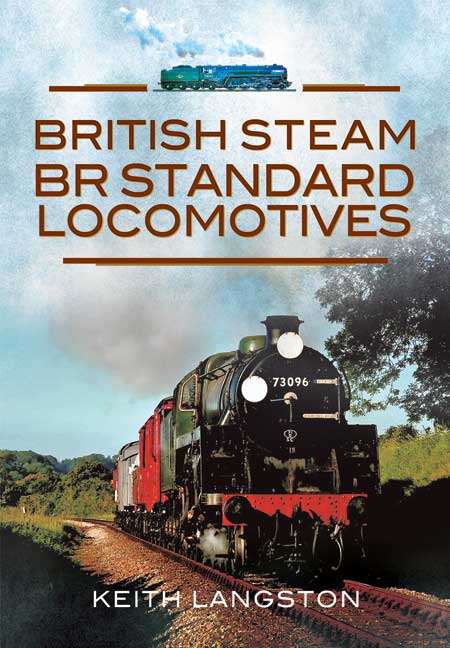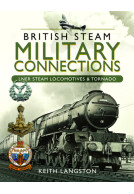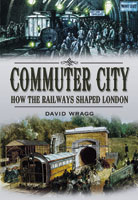Google Books previews are unavailable because you have chosen to turn off third party cookies for enhanced content. Visit our cookies page to review your cookie settings.
British Steam - BR Standard Locomotives (ePub)
By
Keith Langston
Imprint: Wharncliffe Transport
File Size: 75.0 MB (.epub)
Illustrations: 150 colour & black and white illustrations
ISBN: 9781783408016
Published: 12th November 2012
Imprint: Wharncliffe Transport
File Size: 75.0 MB (.epub)
Illustrations: 150 colour & black and white illustrations
ISBN: 9781783408016
Published: 12th November 2012
Click here for help on how to download our eBooks
You'll be £6.99 closer to your next £10.00 credit when you purchase British Steam - BR Standard Locomotives. What's this?
The strains of maintaining rail services during the Second World War had taken its toll on Britain’s steam locomotive fleet. On 1 January 1948, the British Transport Commission was formed, which placed all existing railway companies under the control of one government organization. This would go on to spawn British Railways.
The railway infrastructure had suffered badly during the war years and most of the steam locomotives were ‘tired’ and badly maintained. Although the management of British Railways was already planning to replace steam power with diesel and electric engines, they still took the decision to build more steam locomotives as a stop gap. Cometh the hour, cometh the man! That man was Robert Arthur Riddles; he had more than proved his worth during the war years overseeing the rapid creation of War Department locomotives. Some 999 Standard locomotives were built in twelve classes ranging from super powerful express and freight engines to suburban tank locomotives. The locomotives were mainly in good order when the order came in 1968 to end steam, with some locomotives being only eight years old.
There still exists a fleet of forty-six preserved Standards, of which seventy-five percent are still in working order around the UK's preserved railways. A further three new build Standard locomotives are proposed.
This comprehensive publication details all the BR Standards and three Austerity type engine classes associated with Riddles. The locomotive specifications are illustrated and presented in a manner that will appeal equally to enthusiasts, model makers and railway historians.
There are no reviews for this book. Register or Login now and you can be the first to post a review!
About Keith Langston
Cheshire based Keith Langston is a widely published and highly respected photo journalist specialising in railway and other transport related subjects. His interest and vast knowledge of all things railway stem from being brought up in the North West of England as part of a railway family. Over the past 25 years he has operated as a contributor to heritage sector journals whilst establishing himself as an accomplished author in his own right.
More titles by Keith Langston
Customers who bought this title also bought...
Other titles in Wharncliffe Transport...



















